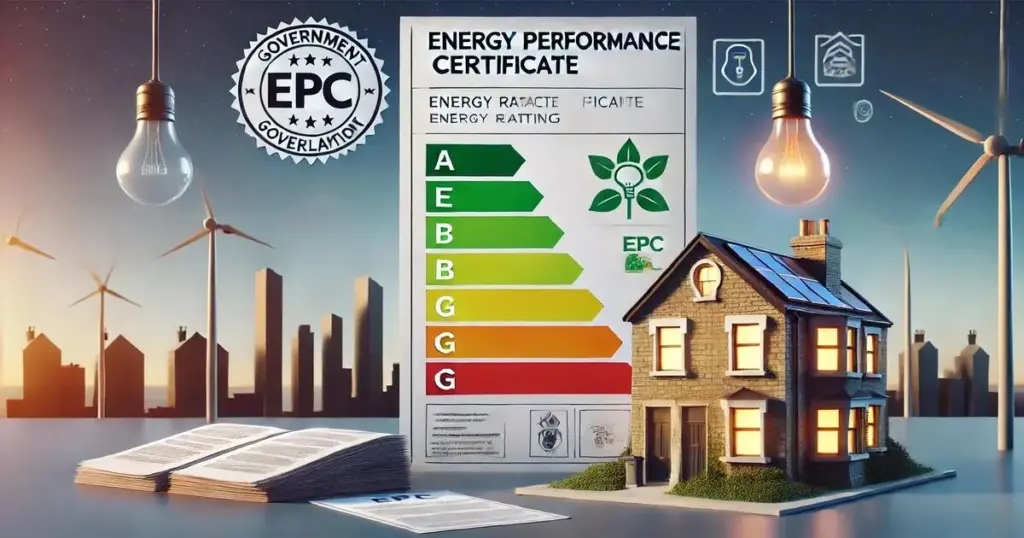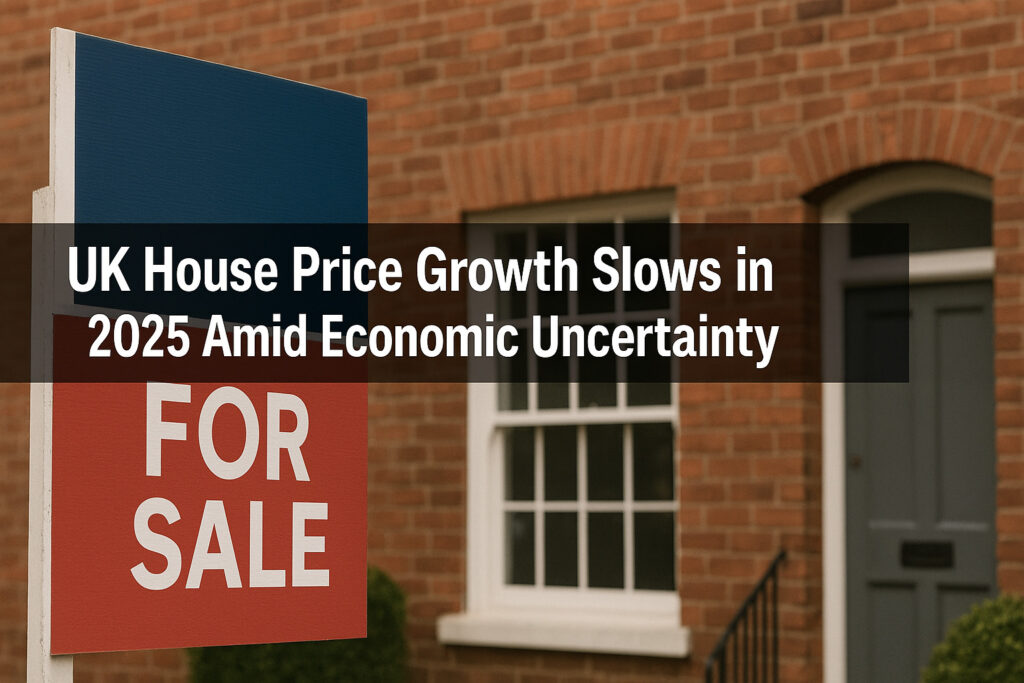The UK property market faces mounting pressure as we enter Q2 of 2025. House prices fell again in March, continuing a trend driven by high interest rates, falling buyer confidence, and mounting affordability issues.
This article breaks down the data, reveals key trends, and explores whether the market is headed for a more resounding crash or a gradual correction.
House Prices in March 2025: The Numbers Behind the Drop
House prices in the UK fell by 0.4% month-on-month in March 2025, according to the latest data from Nationwide. This follows a 0.6% drop in February, marking the seventh consecutive monthly decline.
Year-on-year, property values are now 3.2% lower compared to March 2024. The average UK house price currently sits at £258,000, down from £266,000 a year ago.
Regional Price Performance
RegionYoY ChangeMoM Change
London -2.8% -0.3%
South East -3.6% -0.5%
West Midlands -4.1% -0.6%
North West -3.9% -0.4%
Yorkshire & Humber -3.3% -0.3%
Scotland -2.5% -0.2%
Wales -3.8% -0.5%
Mortgage Rates Remain Elevated in Early 2025
One of the primary drivers behind falling house prices is the continued pressure from mortgage rates. The Bank of England base rate remains at 5.25%, and fixed-rate mortgage products are still averaging between 4.75% and 5.5% for two and five-year deals.
This has drastically reduced affordability, particularly for first-time buyers. Halifax says the average mortgage payment as a percentage of income is now 38%, well above the long-term average of 30%.
Buyer Demand: Cautious Sentiment and Delayed Decisions
The market is experiencing a significant slowdown in buyer demand. Rightmove reports a 12% drop in enquiries for new properties compared to last year.
Many would-be buyers are adopting a “wait-and-see” strategy, anticipating further price drops or hoping for a cut in interest rates before moving.
Will House Prices Crash Further in 2025?
While the current trend points to a gradual correction, the term “crash” implies a more severe and sudden decline. That is unlikely, but further falls are widely expected through Q2 and Q3 of 2025.
Key Factors That Could Influence the Market:
Interest Rate Movements: A base rate cut in Q3 could boost affordability and confidence.
Wage Growth vs Inflation: Real income growth could stabilise demand.
Mortgage Product Innovation: Introducing longer-term fixed rates or lower-deposit schemes could support FTBs.
Government Intervention: New housing initiatives or support schemes could shift market momentum.
Housing Supply: A Hidden Pressure Point
The UK is still facing a chronic housing shortage. New home completions in 2024 were 15% below government targets, and planning application approvals fell by 18% year-on-year. This constrained supply will eventually put a floor under falling prices, particularly in high-demand areas like London, Manchester, and Bristol.
Rental Market Squeeze: Landlords Holding Property
Despite falling sale prices, many landlords choose to hold onto their assets. This is partly due to strong rental yields — average UK rents are up 7.1% year-on-year — and partly to difficulty securing buyers in a cooling market.
This landlord inertia is restricting housing supply on the sales side, slowing the pace of price declines in some regions.
Investor Outlook: Cautious Optimism for Late 2025
Property investors are watching the market closely, with many anticipating a bottoming out in Q4 2025.
Savvy buyers with cash or strong deposit positions are beginning to circle distressed sales, particularly in outer London boroughs and Northern cities where discounts of 10-15% from peak 2022 prices are now standard.
When Will the Market Stabilise?
Most analysts predict house prices will continue to slide — albeit gradually — through mid-2025, with a potential recovery beginning in late 2025 or early 2026, contingent on the following:
Bank of England beginning rate cuts
Inflation falling closer to 2%
Consumer confidence returning
Mortgage lenders easing criteriaSummary Forecast: UK House Prices 2025-2026
PeriodForecasted ChangeMarket Sentiment
Q2 2025 -0.5% to -1.2% Weak demand continues
Q3 2025 -0.3% to -0.8% Rate cut possible
Q4 2025 Flat to +0.3% Stabilisation phase
Full Year 2025 -2.5% to -4.5% Correction phase
Full Year 2026 +1.0% to +3.5% Gradual recovery
UK House Price Forecast Timeline (2025–2026)
April 2025 – September 2025
Phase: Price Correction Continues
The housing market is expected to keep declining gradually, with low buyer demand and high interest rates remaining the key pressures.
October 2025 – December 2025
Phase: Potential Stabilisation
If inflation falls and interest rates ease, this period could mark the beginning of market stabilisation.
January 2026 – December 2026
Phase: Recovery Phase
Assuming improving economic conditions, the market may shift into a slow recovery, with modest price growth and increased buyer confidence.
Frequently Asked Questions
Will house prices continue to fall in 2025?
Yes, most forecasts expect continued declines through mid to late 2025, with the overall market down between 2.5% and 4.5% for the year.
When will UK house prices start rising again?
Prices are expected to begin recovering in early 2026, depending on interest rate cuts and improved affordability.
Should I buy a house in 2025 or wait?
If you find a property below market value or plan to stay long-term, 2025 may offer buying opportunities.
However, waiting until late 2025 or early 2026 may provide more price certainty.
Is this a market crash?
No, it’s considered a correction. A crash would imply a steep and sudden decline. The current trend is a steady, manageable drop in prices.
What’s the outlook for first-time buyers?
It is challenging due to high mortgage rates. However, falling prices and potential new government schemes in late 2025 may improve conditions.
Final Thoughts: Prepare for a Slow Reset
The UK housing market in 2025 is undergoing a slow and painful reset. While a sudden crash is unlikely, further declines are expected before conditions improve.
Buyers, sellers, and investors should brace for continued uncertainty through the rest of the year — and position themselves carefully to take advantage of opportunities when confidence returns.
Read our other Blogs:





